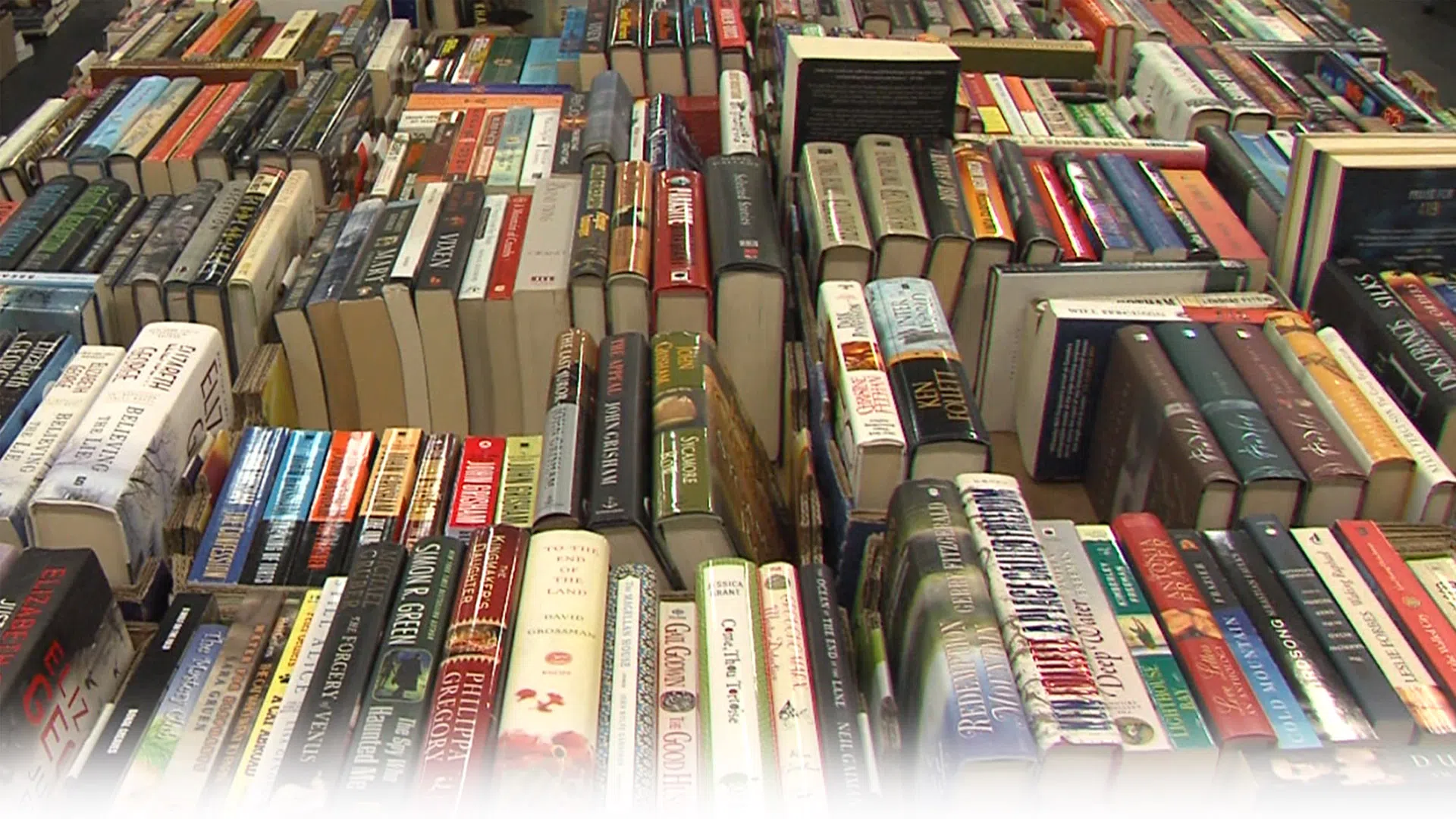Books are vehicles of insight

KAMLOOPS — If it seems odd that I would defend print media by using this digital media that you read on a screen, let me explain.
We might be reading less print media but we are not reading fewer words says Dr. Maryanne Wolf, director of the Center for Reading and Language Research at Tufts University. “We are reading more than 100,000 words a day,” she told CBC’s Spark, “but it is fragmented; not the immersive, sustained, deep reading of our past”


